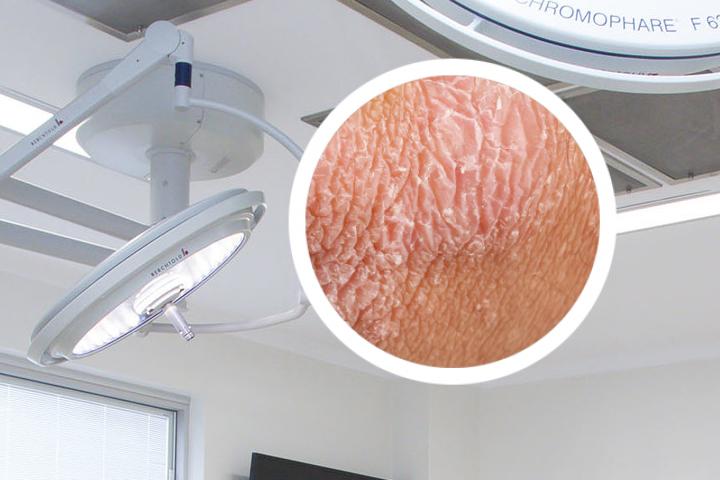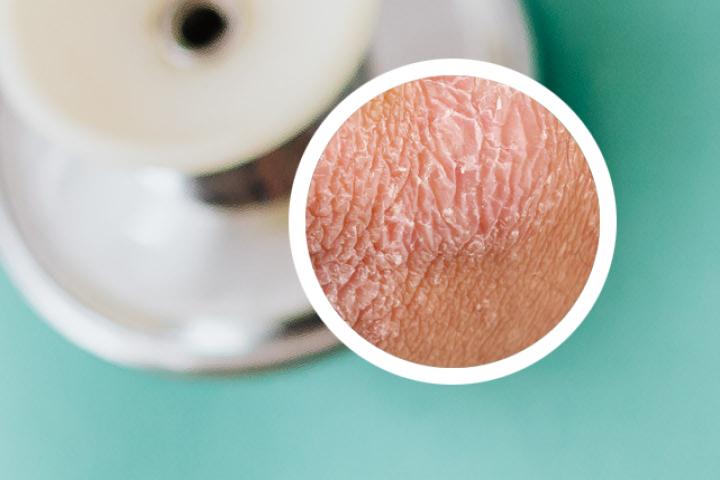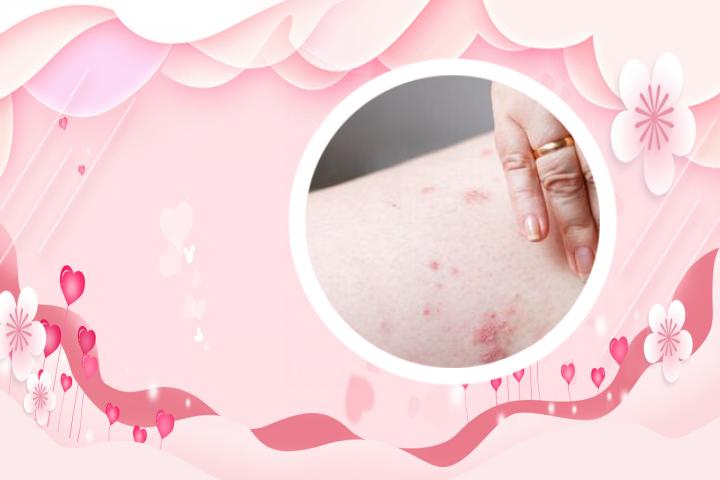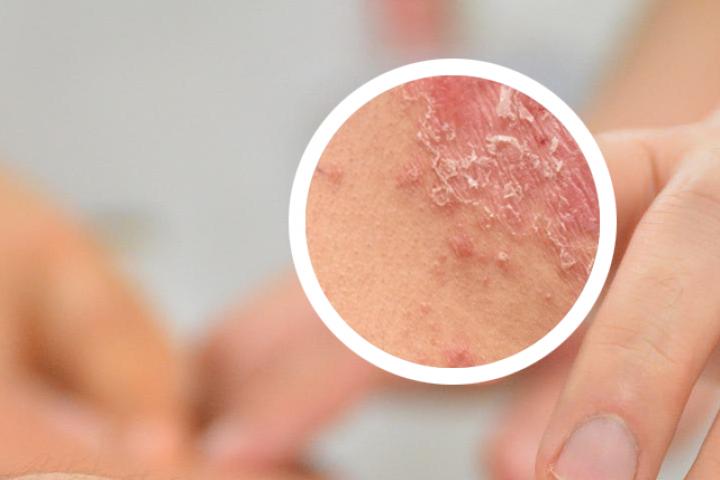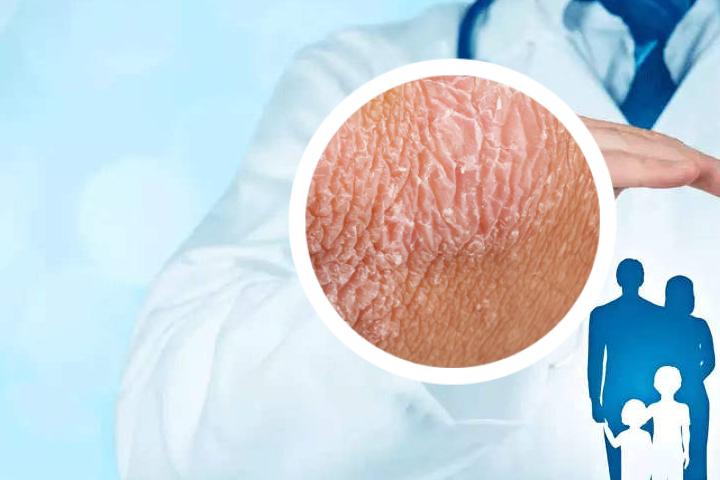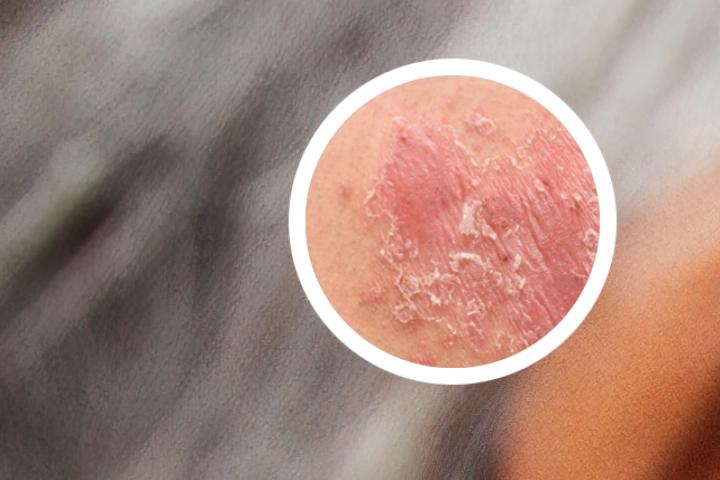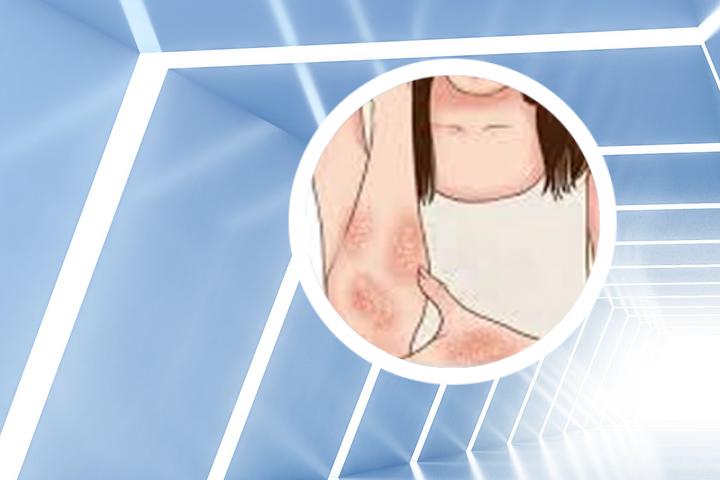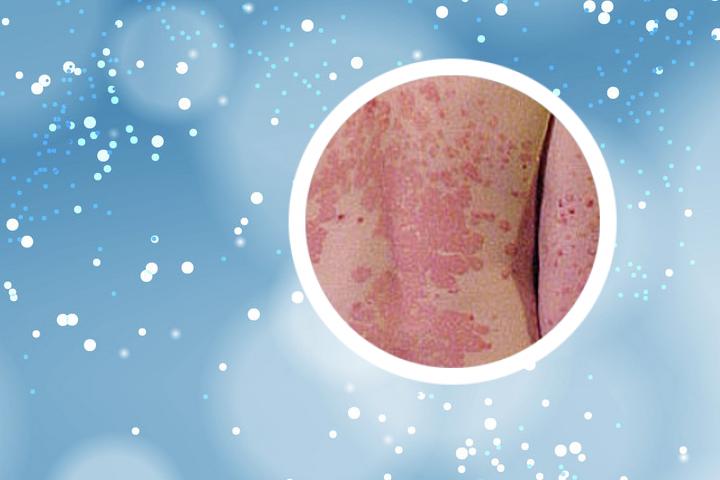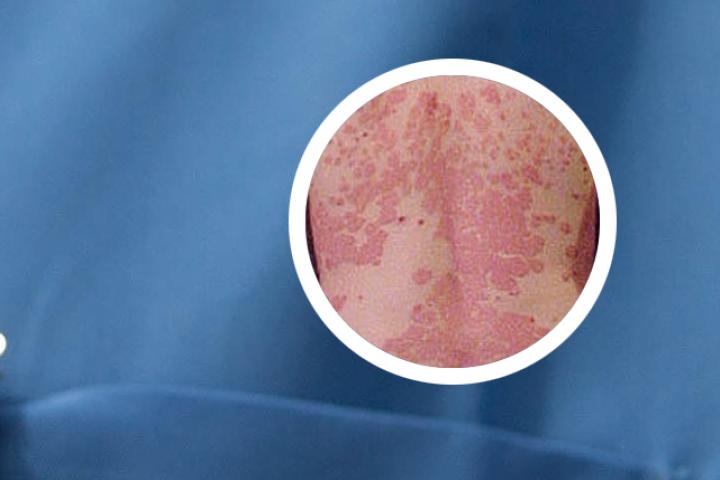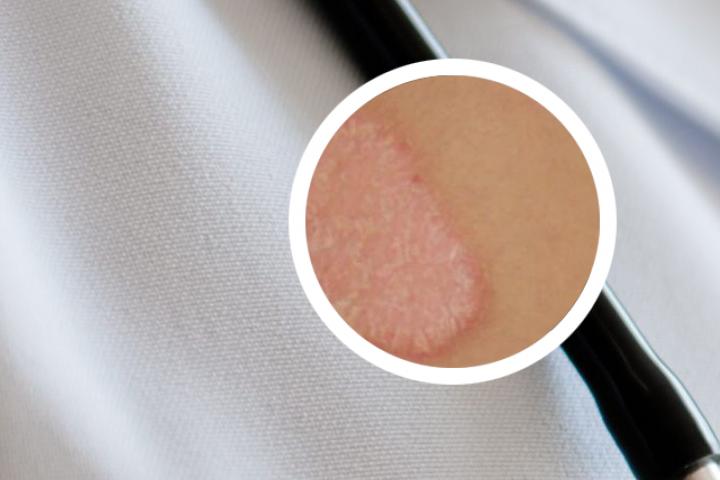银屑病的英文名称是Psoriasis。
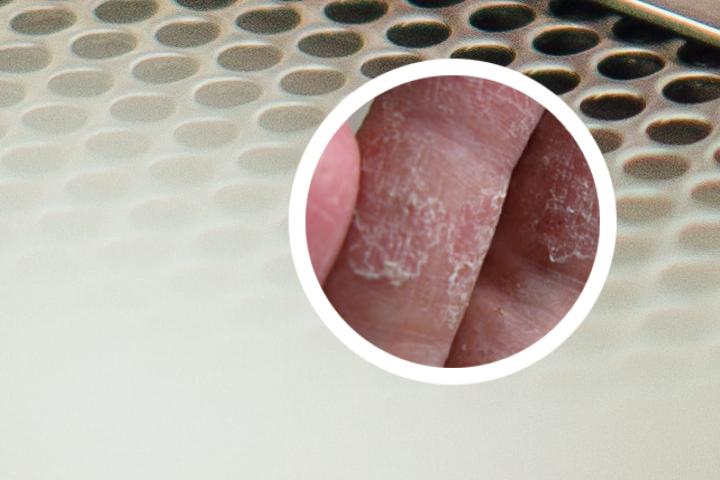
Psoriasis is a chronic autoimmune skin condition characterized by the rapid growth of skin cells. This leads to the development of thick, scaly patches on the skin that is often accompanied by itching and pain. The exact cause of psoriasis is not known, but it is believed to be related to a combination of genetic, environmental, and immune system factors.
There are several types of psoriasis, including plaque psoriasis, guttate psoriasis, pustular psoriasis, inverse psoriasis, and erythrodermic psoriasis. Each type presents differently and may require different treatment approaches.
Treatment for psoriasis typically involves a combination of topical creams or ointments, light therapy, and oral medications. It is important to work closely with a dermatologist to find a treatment plan that works for your specific case.
In addition to managing symptoms, it is also important for individuals with psoriasis to maintain overall skin health. This includes avoiding triggers, such as stress and certain medications, and taking steps to keep skin moisturized and protected from injury.
Overall, psoriasis is a manageable condition with proper care and management. It is important to seek medical attention if you suspect you may have psoriasis or if your symptoms worsen over time.

